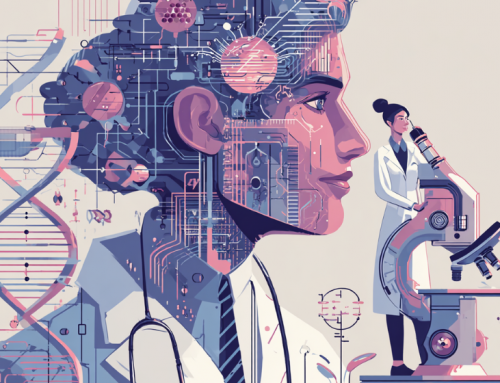
Sam Altman describes GPT-4 as the least advanced model users will encounter, emphasizing the importance of frequent updates and societal co-evolution with technology to avoid isolated developments that could detach AI progress from public awareness and integration. (Source: Image by RR)
Sam Altman Sets Sights on Enhancing AI Interaction, Prepares for Next Tech Wave
During a recent Q&A seminar at Stanford University, OpenAI CEO Sam Altman spoke candidly about the current and future states of AI, particularly regarding ChatGPT. Altman described GPT-4 as “the dumbest model any of you will ever have to use,” indicating significant advancements in AI models like GPT-5 and GPT-6 that are expected to far surpass the capabilities of GPT-4. This statement underscores his confidence in the rapid evolution and increasing intelligence of generative AI models.
Discussing the financial aspects and sustainability of developing advanced AI, Altman appeared unconcerned about the escalating costs, which reportedly reached $520 million last year for OpenAI. Despite the high expenditure, he emphasized the value of providing powerful tools to the public and betting on human ingenuity to maximize their potential. This approach, as reported in tomsguide.com, reflects his broader vision for AI’s role in society, advocating for iterative releases to ensure that society can co-evolve with these transformative technologies.
Altman also hinted at the near-term future of OpenAI’s products, expressing a high degree of certainty that GPT-5 will be significantly smarter than GPT-4. This comment came amid broader discussions about the trajectory of AI development and its implications for future technologies. He suggested that major new developments from OpenAI might be unveiled soon, possibly challenging existing tech giants like Google and Apple in significant tech markets.
Overall, Altman’s discussion highlighted his strategic perspective on both the development and deployment of AI technologies. By focusing on rapid innovation and broad accessibility, he aims to drive a societal shift towards more advanced and useful AI applications. This includes potentially integrating AI more deeply into everyday technologies, such as search engines and mobile devices, aligning with significant industry events and product launches.
read more at tomsguide.com







Leave A Comment